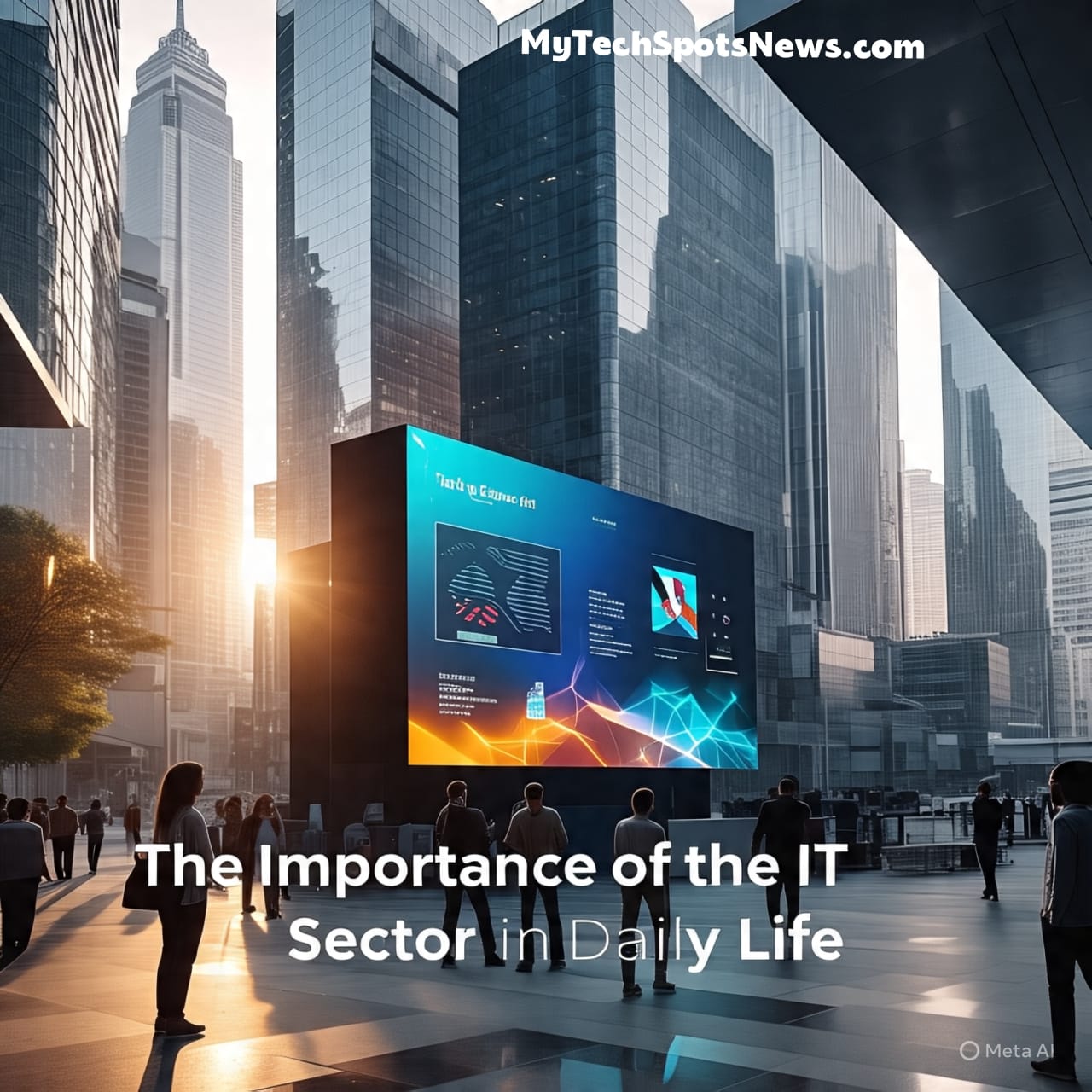
The Use of Scientific Knowledge for Practical Purposes: Technology in Industry and Everyday Life
Scientific knowledge has long been a beacon guiding human progress. From the moment early humans learned to harness fire, science has informed our understanding of the world and shaped the tools we use to navigate it. However, it is not merely the knowledge itself, but its application—commonly referred to as technology—that has truly transformed the way we live and work. Technology, in essence, is the practical application of scientific principles. Whether in industry or our daily routines, it enables innovation, enhances productivity, improves quality of life, and helps solve some of the most pressing challenges humanity faces.
From Theory to Application: How Science Becomes Technology
At its core, science seeks to understand natural phenomena through observation, experimentation, and reasoning. When these discoveries are translated into practical tools, machines, methods, or systems, they become technology. For instance, the laws of thermodynamics are purely scientific, but when applied, they help design engines, refrigerators, and power plants. Similarly, the understanding of DNA structure, once a scientific milestone, now informs medical diagnostics, forensic investigations, and gene editing technologies.
This transition from theory to application is rarely linear. It involves iterative experimentation, engineering design, user testing, and often, interdisciplinary collaboration. The integration of physics, chemistry, biology, computer science, and engineering is what powers modern technological innovations.
Technology in Industry: Driving Efficiency and Growth
Industries around the world rely heavily on technology to streamline processes, improve quality, and increase output. The impact of scientific knowledge in industrial applications is vast and diverse:
1. Manufacturing and Automation
In manufacturing, technologies such as robotics, artificial intelligence (AI), and the Internet of Things (IoT) have revolutionized production lines. Machines equipped with sensors and AI can now monitor their performance, predict maintenance needs, and reduce downtime. The concept of “smart factories” embodies this synergy, where real-time data allows for dynamic adjustments and greater efficiency.
2. Agriculture and Food Production
The agricultural sector has benefited immensely from scientific advancements. Precision agriculture uses satellite imaging, GPS, and data analytics to optimize planting, watering, and fertilization. Genetically modified crops resist pests and survive harsh conditions, improving yield and food security. Drones are now used to monitor fields, assess crop health, and even spray fertilizers.
3. Healthcare and Pharmaceuticals
The field of medicine exemplifies the vital role of scientific knowledge in practical applications. From MRI machines and robotic surgery to telemedicine and AI-assisted diagnostics, technology has revolutionized healthcare delivery. The rapid development of COVID-19 vaccines using mRNA technology is a powerful example of science moving swiftly into applied technology with a global impact.
4. Energy and Sustainability
Technologies based on scientific understanding of energy conversion and materials science are key to sustainable development. Solar panels, wind turbines, electric vehicles, and smart grids are all products of applied physics and engineering. Scientific research continues to advance battery technology, hydrogen fuel cells, and carbon capture methods to address climate change and energy needs.
Technology in Everyday Life: Enhancing Convenience and Connectivity
While the industrial impact of technology is substantial, perhaps the most visible influence is in our personal lives. Technology permeates nearly every aspect of modern living, often in ways we take for granted.
1. Communication
The transition from letters to emails, and now to instant messaging and video calls, is a direct result of applied knowledge in telecommunications and computer science. Mobile phones, once luxury items, are now indispensable tools used for communication, navigation, banking, and entertainment.
2. Home and Lifestyle
Smart homes equipped with voice assistants, security systems, and energy-efficient appliances represent the application of scientific principles in electronics, software, and data analytics. Everyday conveniences such as microwave ovens, washing machines, and air conditioners rely on physics and engineering for their function.
3. Transportation
The science behind combustion engines, aerodynamics, and material strength underpins the development of cars, airplanes, and trains. Modern vehicles are increasingly integrated with GPS, sensors, and driver-assist technologies. The rise of electric and autonomous vehicles promises to reshape transportation shortly.
4. Education and Learning
Technology has revolutionized access to education. Digital classrooms, online courses, and educational platforms are built on software engineering, cloud computing, and broadband connectivity. These innovations democratize learning and allow students from diverse backgrounds to gain access to quality education.
Challenges and Ethical Considerations
While the use of scientific knowledge for practical purposes offers numerous benefits, it is not without challenges. Rapid technological advancement often outpaces the development of ethical, legal, and regulatory frameworks. Questions arise around data privacy, artificial intelligence ethics, environmental impacts, and the digital divide.
For example, while AI can improve decision-making, it can also reinforce biases if not properly trained. Genetic editing technologies like CRISPR hold the promise of eradicating disease, but also raise complex ethical dilemmas. Similarly, while renewable energy technology is crucial, its production and disposal also require environmentally sound practices.
Society must therefore ensure that scientific knowledge is applied responsibly, inclusively, and sustainably.
The Role of Education and Innovation
For technology to truly benefit all, scientific literacy and innovation must be encouraged across all levels of society. Education systems must emphasize critical thinking, problem-solving, and STEM (science, technology, engineering, and mathematics) subjects. Moreover, fostering a culture of innovation, where new ideas are encouraged, tested, and supported, is essential for continual advancement.
Governments, industries, and academic institutions must work together to translate scientific research into real-world solutions. Investment in research and development, support for start-ups, and public-private partnerships play a vital role in this process.
Conclusion
The use of scientific knowledge for practical purposes has shaped civilization in profound ways. From industrial machinery to smartphones, from space exploration to healthcare innovations, technology is the bridge between what we understand and what we can do. As science continues to expand the boundaries of knowledge, its responsible application will remain crucial for sustainable progress.








